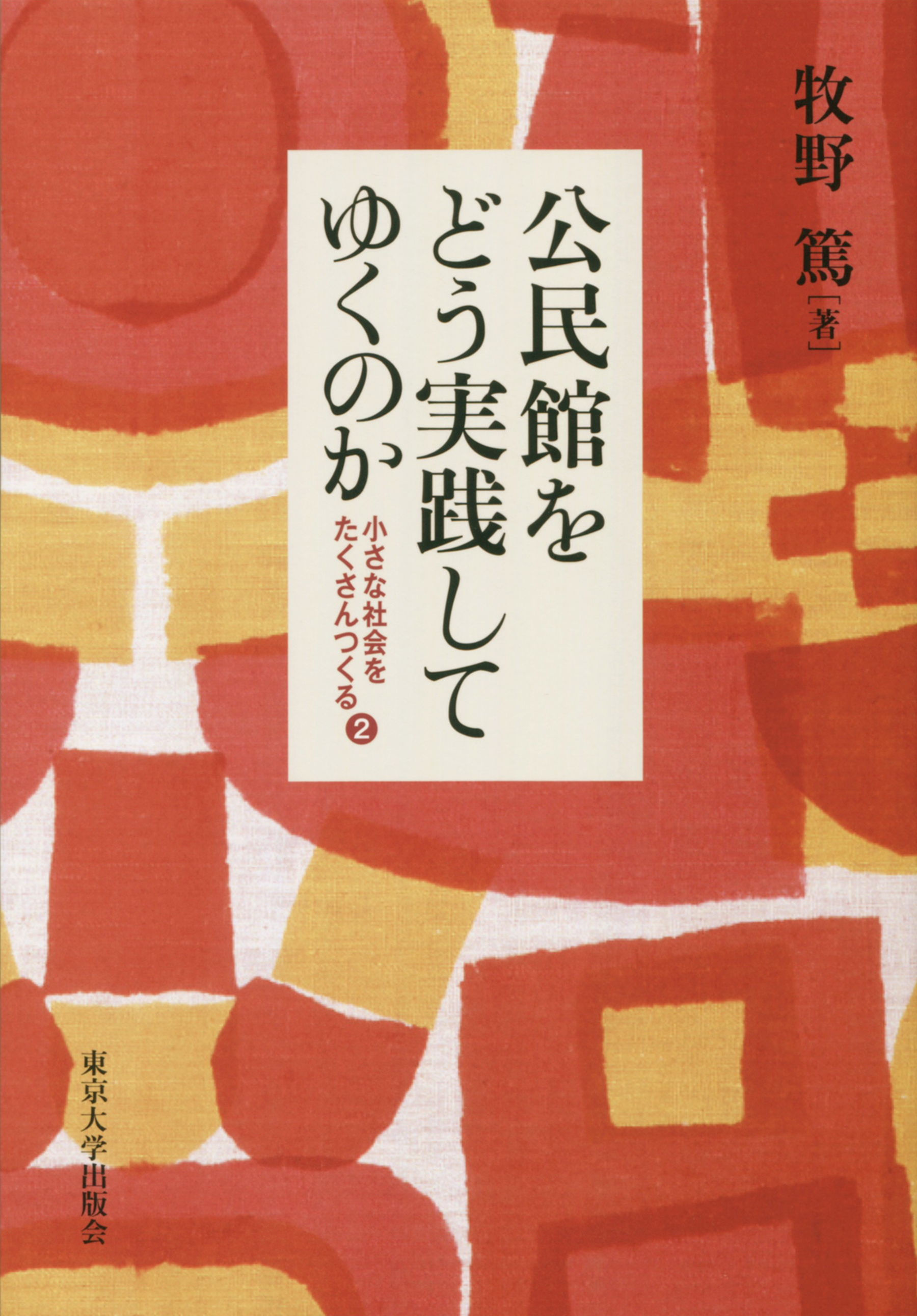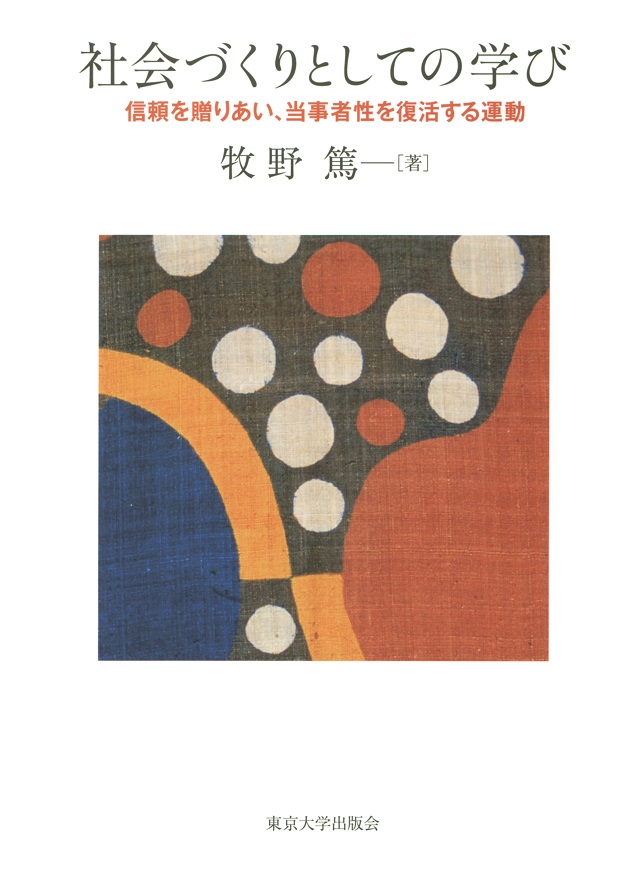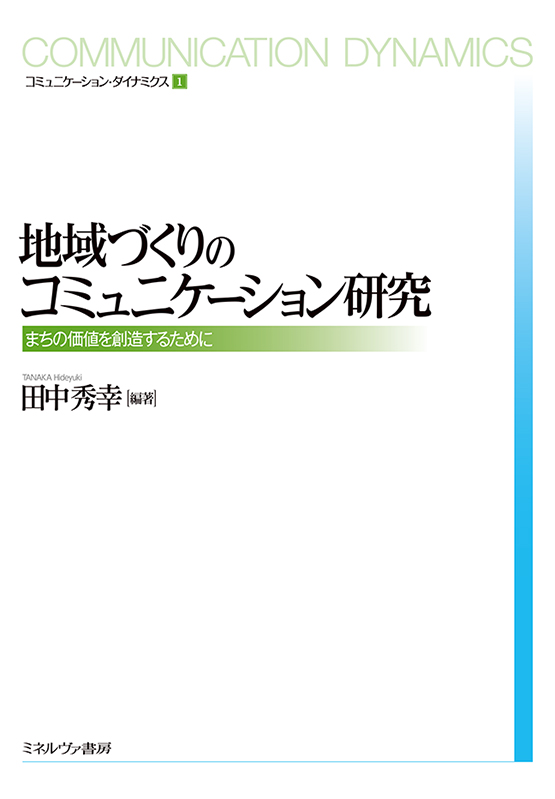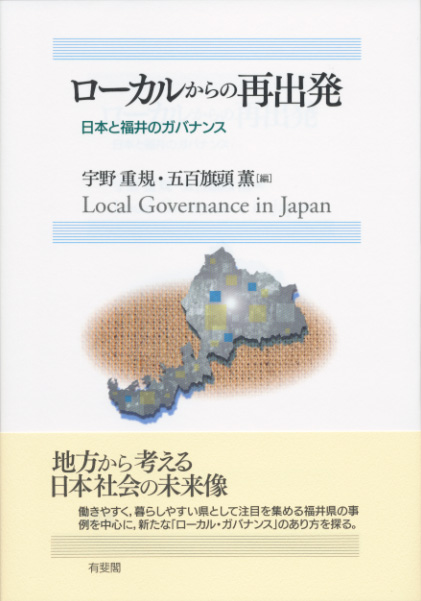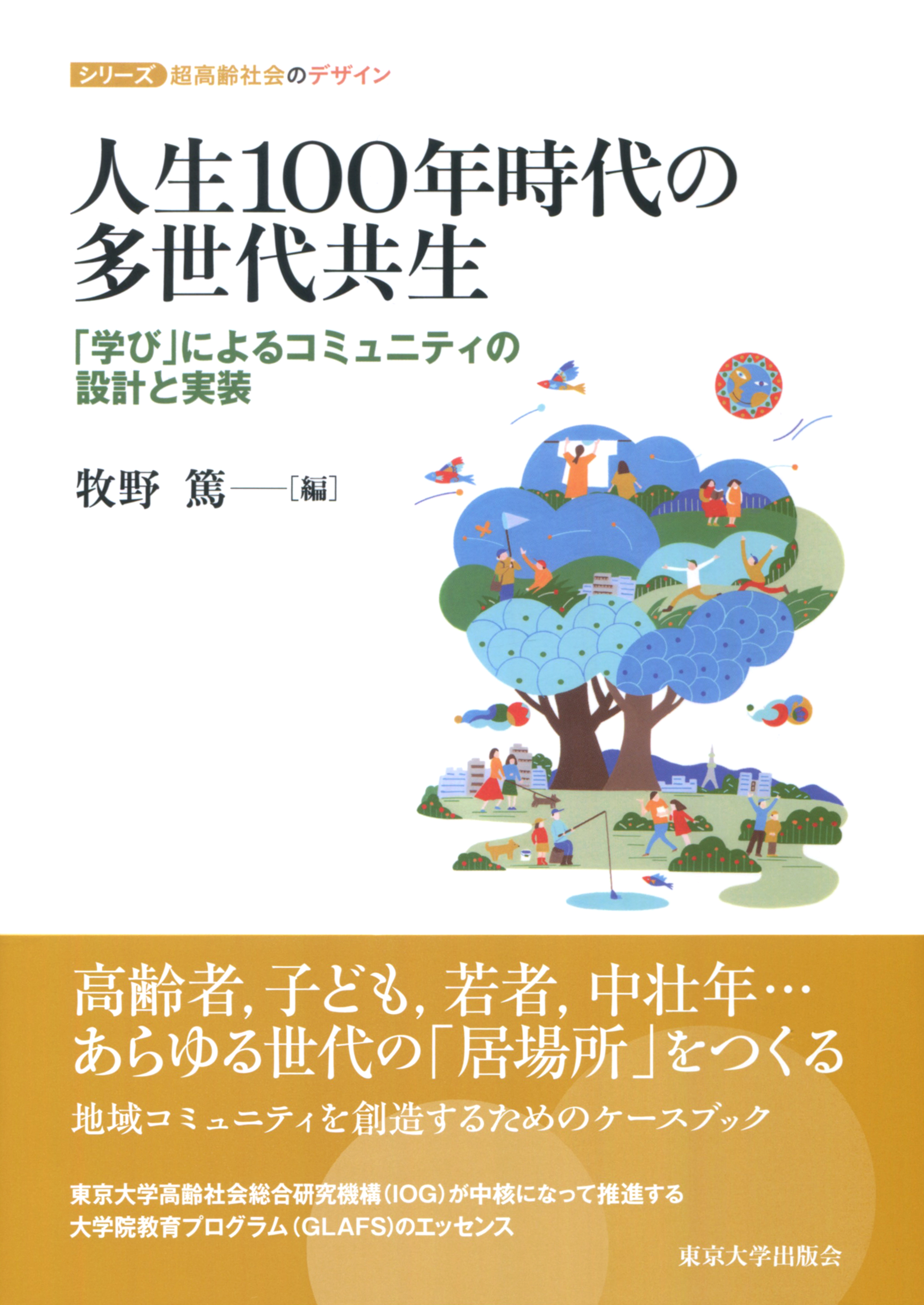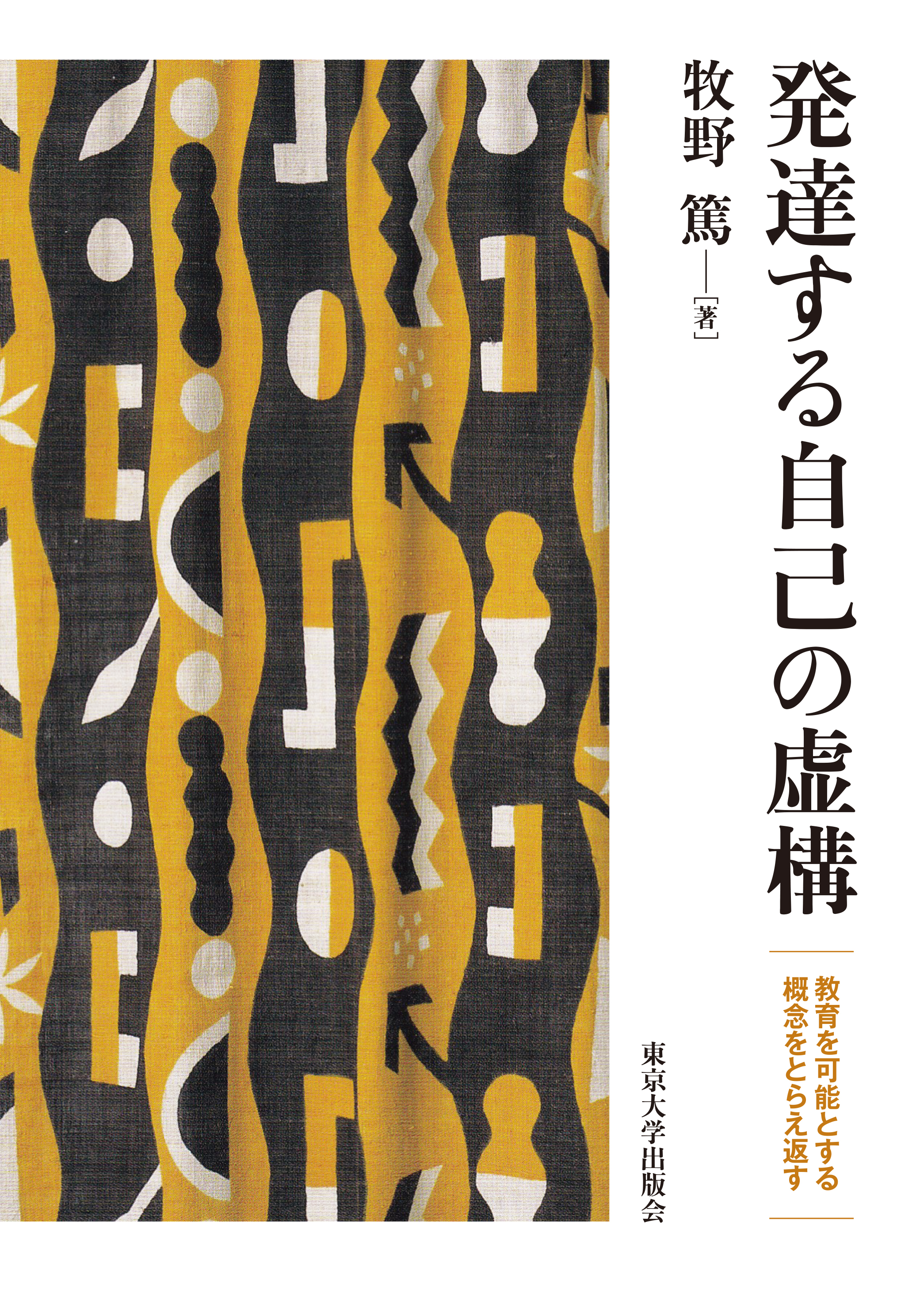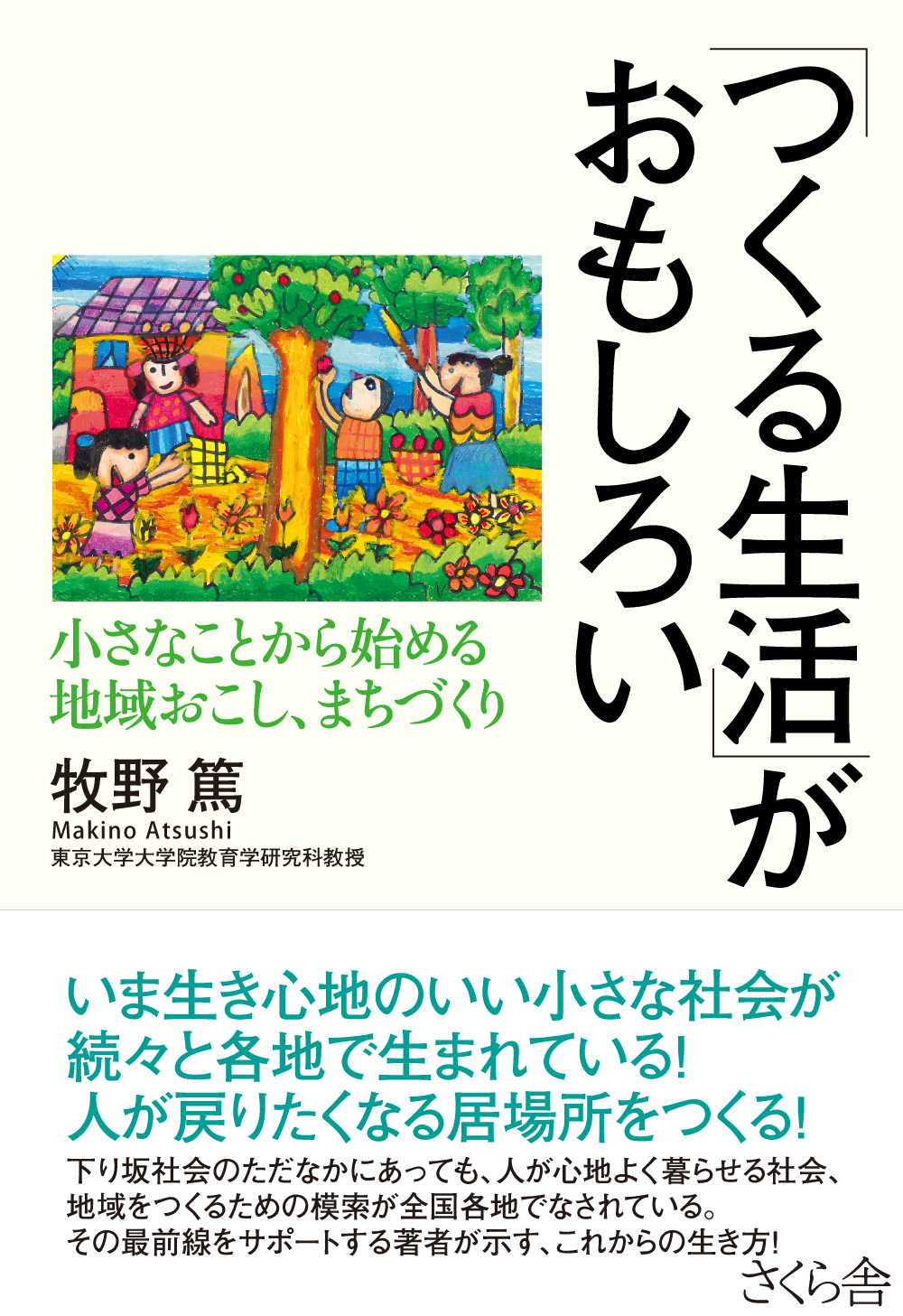
Title
“Tsukuru Seikatsu” ga omoshiroi (Creating a Society as a Way of Life: Starting small to develop and revitalize communities)
Size
212 pages, 127x188mm, softcover
Language
Japanese
Released
January 11, 2017
ISBN
978-4-86581-085-1
Published by
Sakura sha
Book Info
See Book Availability at Library
Japanese Page
There is a parable called “The Allegory of the Long Spoons.” The story goes roughly as follows:
In hell, there is a feast on the table and long spoons, with which the people must eat but cannot bring food to their mouths, since they are too long. The dead in hell are starved and fighting among themselves. In heaven, there is the same situation with the feast and spoons, but the diners are well-fed and contented. This is because the people in heaven use the spoons to feed those who sit across from them at the table.
The moral of the story is that though heaven and hell have the same structural conditions, only one difference determines whether people would be starved and fighting or be fed and happy. This is about confidence in society. In hell, no one trusts society. It is not only other people, but the society itself that they do not trust. This is why everyone tries to beat everyone else and be the first to eat the feast, thereby the difficulties with doing so result in the starvation and conflict. By contrast, in heaven, the people think that if they feed others, they might get fed not necessarily by them, but by someone anyhow. The conditions that allow people to think in this way, in other words, that make people have confidence, may prompt them to bring the food to the mouths of other people. There is furthermore the sense of empathic happiness that derives from the happiness of the others.
The society we live in nowadays may be one that is similar to the hell described here. We may all be wealthy and prosperous, and yet people do not trust others or society and recklessly swing around the spoons to put themselves first above everyone else, trying to reach for the food. Meanwhile, we all become starved in society. Today’s Japanese society seems to conjure up an image like this.
Nevertheless, various grass-root efforts to develop communities show evidence that, with certainty, people are increasingly acting for the benefit of other people. Seen from a different perspective, this is an aspect of their practical lives, in which mutual interest, confidence, and reliance help themselves to stand on their own feet in a community small enough to know everyone else in it. In such a community, people learn and build their lives, thereby developing and managing a society in which they experience the joy of realizing their thoughts. Each member embodies this movement and they rise as such among others.
We no longer live in a society of extended reproduction like before. In this context, this book presents the practices to lay foundation for a new society by creating and managing small-scale “societies” themselves, the initiative that takes place in many parts of the country. In this initiative, we find the unstoppable drive at work to reinvent ourselves daily among others, and we discover a new form of a consumption society in which members enjoy creating such “societies” together.
(Written by MAKINO Atsushi, Professor, Graduate School of Education / 2018)



 Find a book
Find a book



